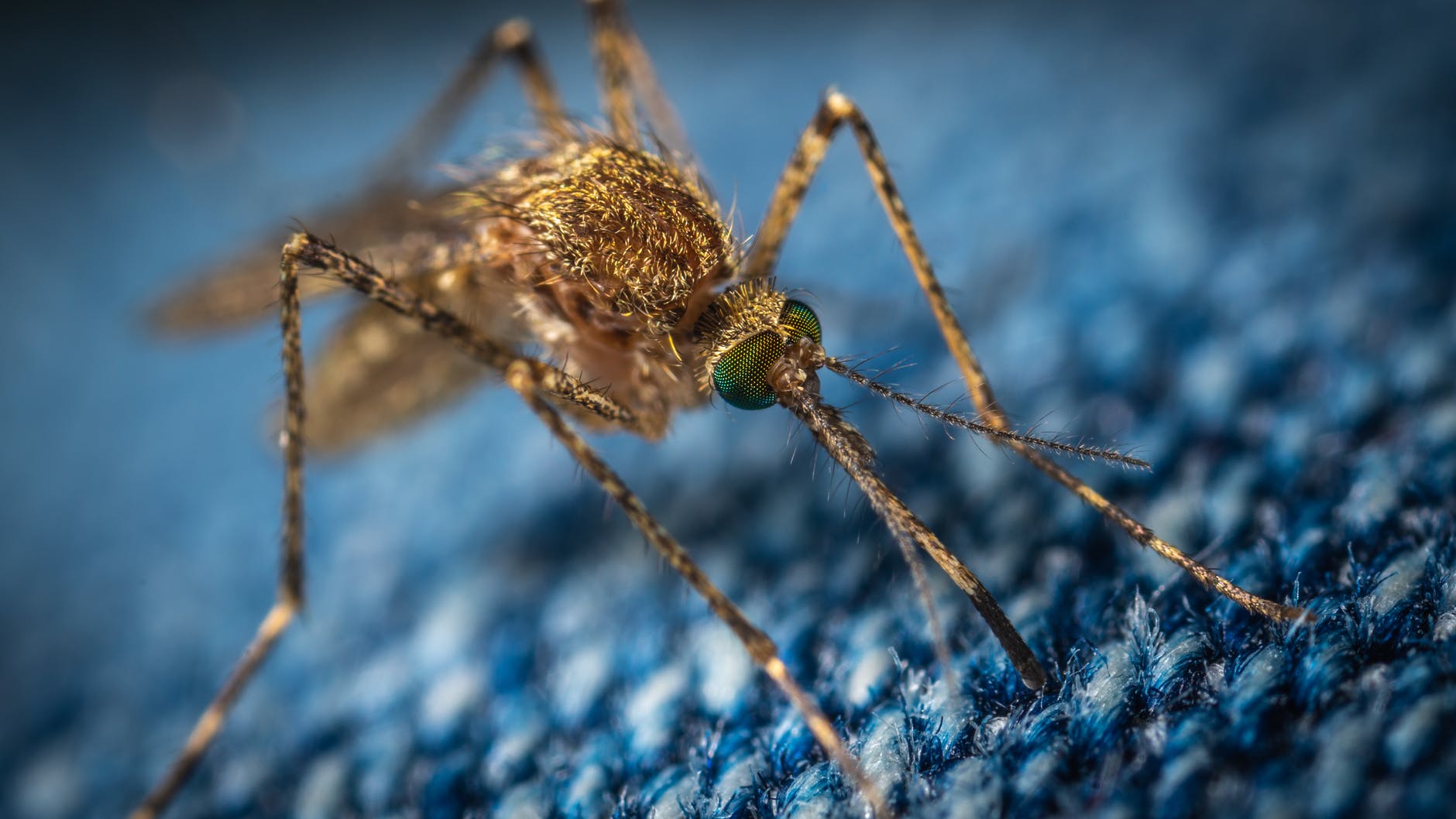Has anybody ever wished you a happy World Mosquito Day?
Me neither. Yet the time is now. Each year, we mark World Mosquito Day on August 20. Established in 1897, the purpose is to raise awareness about the connection between mosquitoes and malaria first discovered by British researcher Sir Ronald Ross at the Liverpool School of Tropical Medicine.
 The acronym for the day could be WMD, except that it’s already taken by “weapons of mass destruction.” Yet this may be a useful way to think about mosquitoes. These blood-sucking parasites are disease-spreading WMDs. The Centers for Disease Control and Prevention call them “the world’s deadliest animal.”
The acronym for the day could be WMD, except that it’s already taken by “weapons of mass destruction.” Yet this may be a useful way to think about mosquitoes. These blood-sucking parasites are disease-spreading WMDs. The Centers for Disease Control and Prevention call them “the world’s deadliest animal.”
They are an ancient scourge, but 21st-century science may be able to help us overcome their threat, using tools similar to the ones we’ve developed to grow the best and healthiest crops the world has ever seen.
I hate mosquitoes but they love me. I’m a mosquito magnet—a part of the roughly 20 percent of the population that University of Florida researchers claim are especially attractive targets. When they bite me, I swell up with welts.
As much as I’d like to say that we should wipe out the global population of mosquitoes, that isn’t really the goal. Only a few of the 3,500 species of mosquito ever attack people. The rest leave us alone and provide food for birds, bats, frogs, and other creatures. They’re even pollinators that help plants reproduce.
The ones that bite us, however, can transmit deadly diseases. Malaria alone kills hundreds of thousands of people every year, especially in the developing world. Other mosquito-borne diseases are a rogue’s gallery of horrible ailments: yellow fever, dengue fever, various kinds of encephalitis, and more.
There’s also the Zika virus, which has spread throughout the tropics and remains on the periphery of the United States. Researchers have linked it to birth defects, including a dreadful one called microcephaly, which results in babies with abnormally small brains. (Four years ago, I wrote about the threat of Zika here and here.)
The bottom line is that mosquitoes are responsible for an enormous amount of human suffering.
 All of us can take simple steps to control mosquitoes near our homes by eliminating breeding grounds. Tactics include covering open containers and emptying the receptacles that collect rainwater. Putting away that upside-down frisbee in your backyard can make a difference.
All of us can take simple steps to control mosquitoes near our homes by eliminating breeding grounds. Tactics include covering open containers and emptying the receptacles that collect rainwater. Putting away that upside-down frisbee in your backyard can make a difference.
We should harness the power of science, too.
 On farms, we’ve learned how to defend our crops from pests through traditional crop-protection tools as well as the innovation of GM crop technology. Because of this success, we’re growing more food than ever before and feeding a planet of nearly 8 billion people.
On farms, we’ve learned how to defend our crops from pests through traditional crop-protection tools as well as the innovation of GM crop technology. Because of this success, we’re growing more food than ever before and feeding a planet of nearly 8 billion people.
Now we’re applying this know-how to the problem of mosquito control. My granddaughter in fact participates in the research. She studies the way mosquito eggs hatch. If we’re going to eradicate some of the world’s worst infectious diseases, we have to understand and challenge mosquitoes at every stage of their lives. This may include the development of chemicals that are safe for people but harmful to mosquitoes.
The new science of gene-editing may offer creative solutions. One of the most intriguing involves the release of GMO male mosquitoes that mate with females but whose offspring don’t survive. An earlier version of this approach led to the defeat a parasite that had savaged the cattle industry. The late entomologist Edward F. Knipling, whom I had the honor of knowing through service on USDA panels, invented sterilization techniques that dramatically reduced the problem of screwworms.
During the outbreak of Covid-19, we’re devoting enormous efforts to defeating an airborne disease that is responsible, at this writing, for close to 800,000 global deaths. (Mosquitoes don’t transmit the coronavirus.) This is entirely appropriate—and as a senior citizen, I’m trying to protect myself and others by living a life in near lockdown.
Yet mosquitoes represent a kind of permanent pandemic. Urbanization and climate change may even make them deadlier, if we fail to take action.
The good news is that we’ll conquer the coronavirus. News reports suggest that vaccines will be available in the near future.
.As we move past the problem of Covid-19, let’s remember the menace of mosquitoes—and commit the scientific creativity and material resources necessary so that we can look forward to the possibility of a world without WMDs.
Click here to make a donation to the Global Farmer Network.


